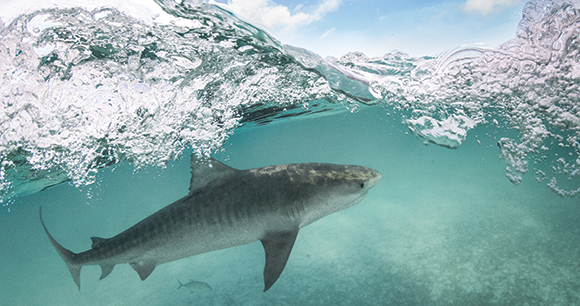On January 1, Hawaii became the first US state to make shark fishing illegal. The law bans anyone from knowingly capturing, entangling, or killing any shark species in the state’s marine waters. There are certain exemptions, such as for specially permitted activities and to protect public safety, but this is a significant step forward for shark conservation.

Sharks have special significance in native Hawaiian culture and are vital components of healthy marine ecosystems. Many shark species mature slowly, have slow reproductive rates, and produce few offspring, which makes them extremely vulnerable to extinction once their numbers become depleted due to overfishing. Losing these apex predators throws marine ecosystems out of balance and threatens ocean productivity.
Sharks caught accidentally in Hawaii must be released, and fishers are being advised to avoid areas frequented by sharks, especially pupping areas. They are also being advised to use barbless circle hooks when fishing and not to bring a shark on board a vessel if caught, but to cut the line as close to the shark’s mouth as possible in order to release the animal.
Violation of the new law is a misdemeanor, but there are significant financial penalties for offenders: $500 for a first offense, $2,000 for a second offense, and $10,000 for a third or subsequent offense, as well as additional fines of up to $10,000 for each shark captured or entangled—whether alive or dead—and potential seizure and forfeiture of captured sharks, commercial marine license, vessel, and fishing equipment.